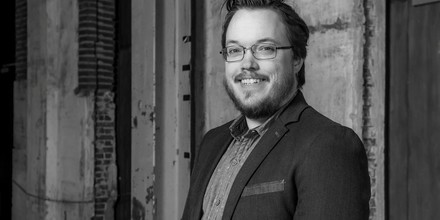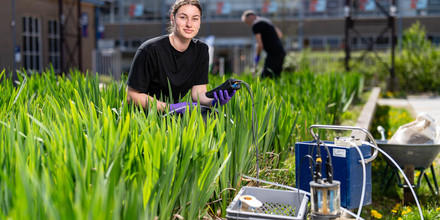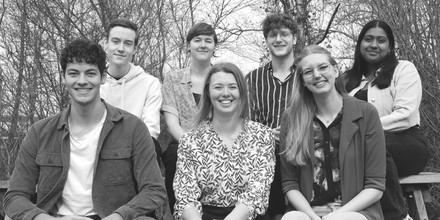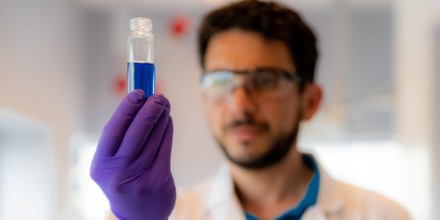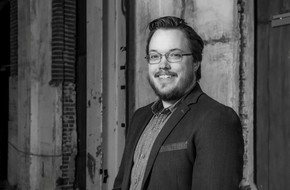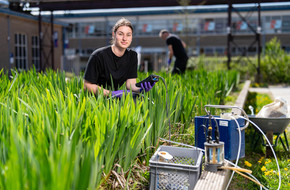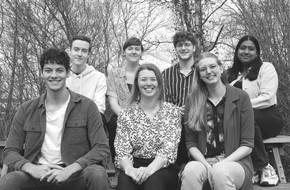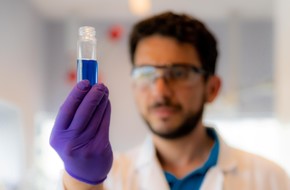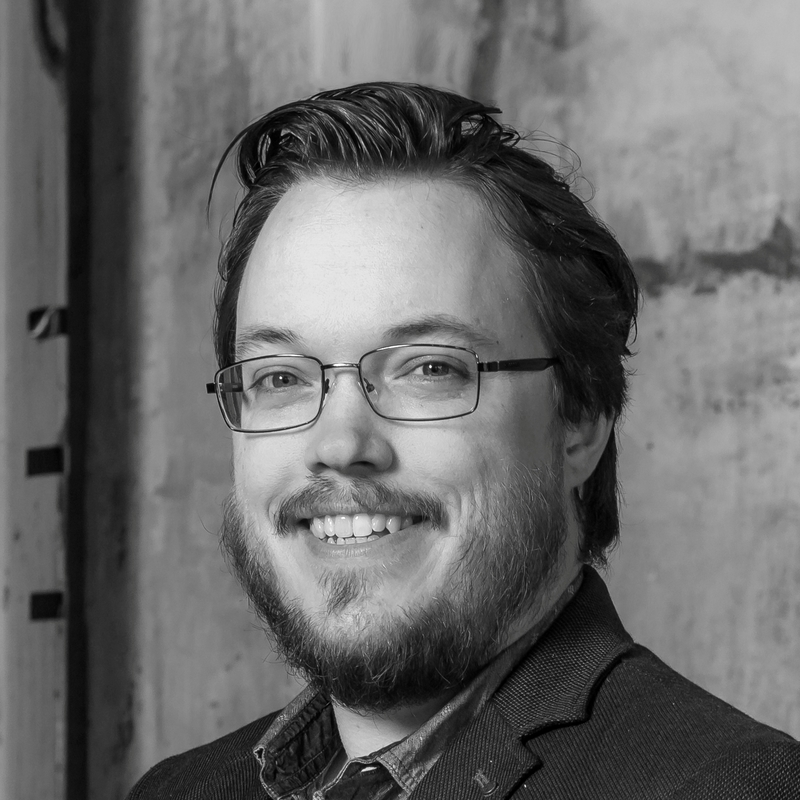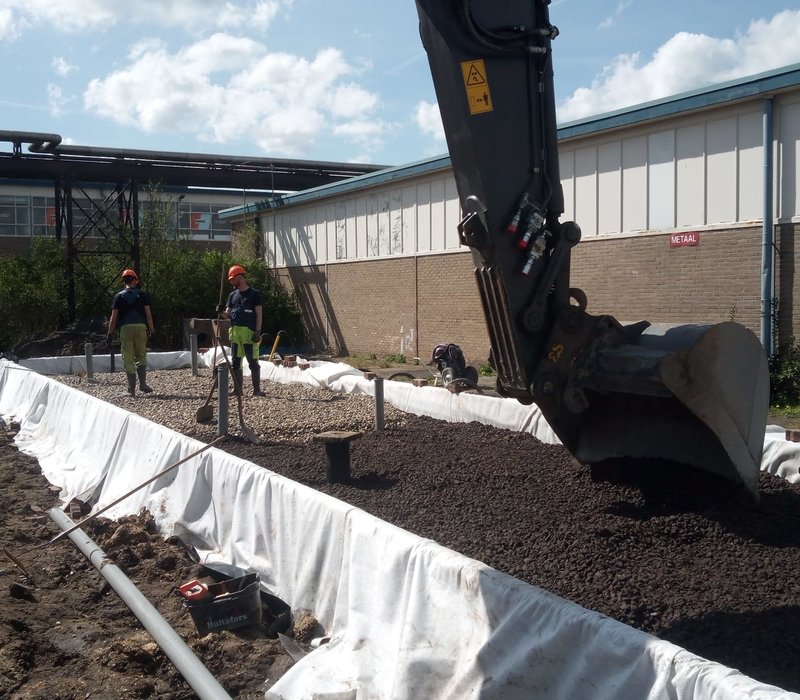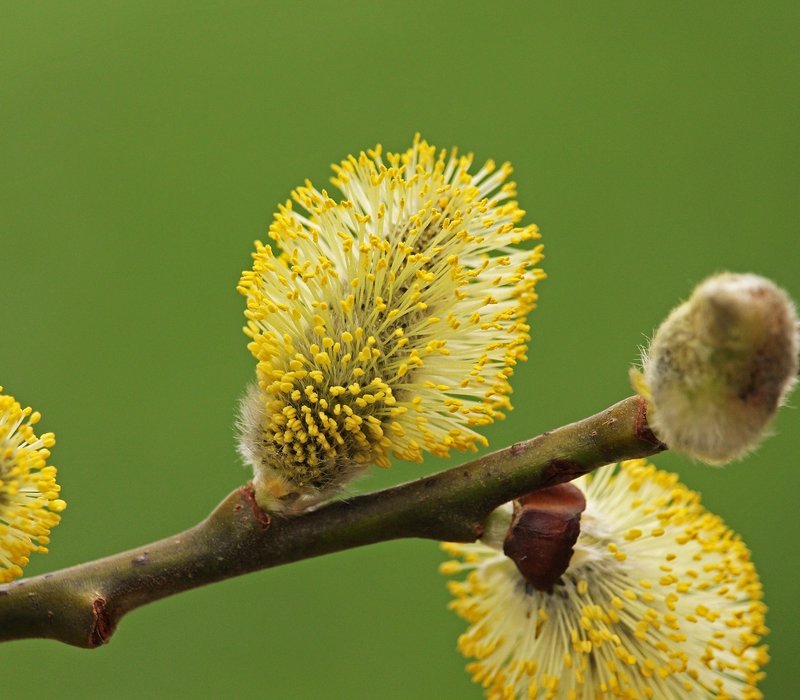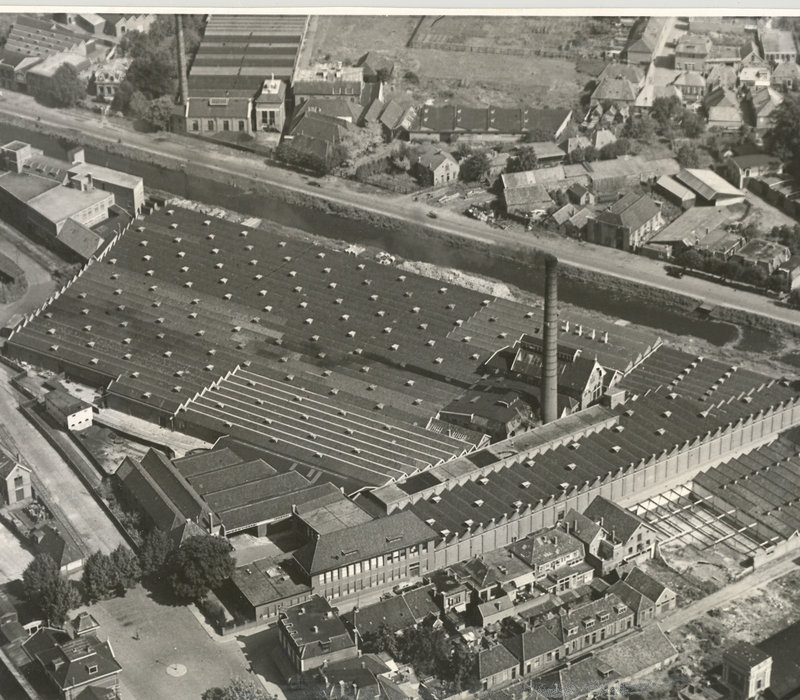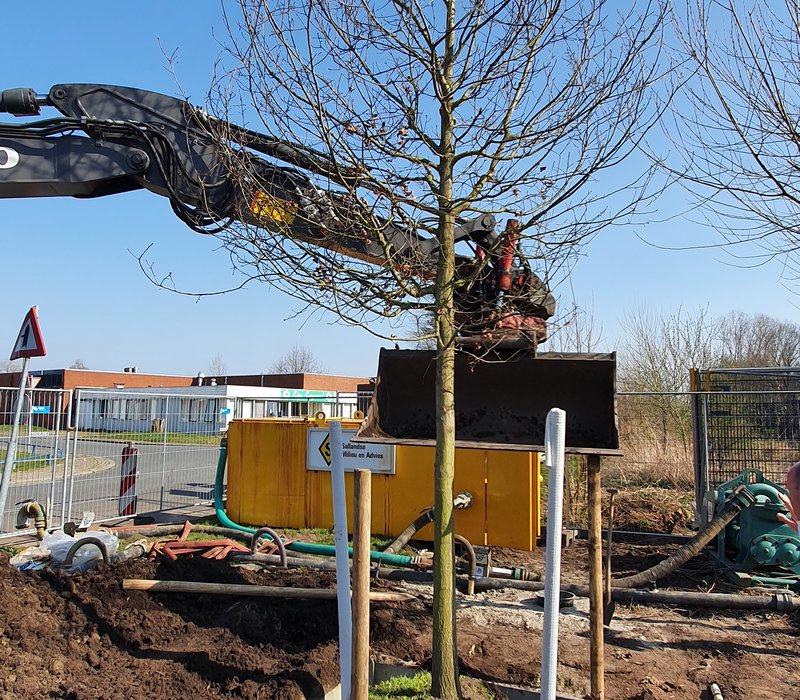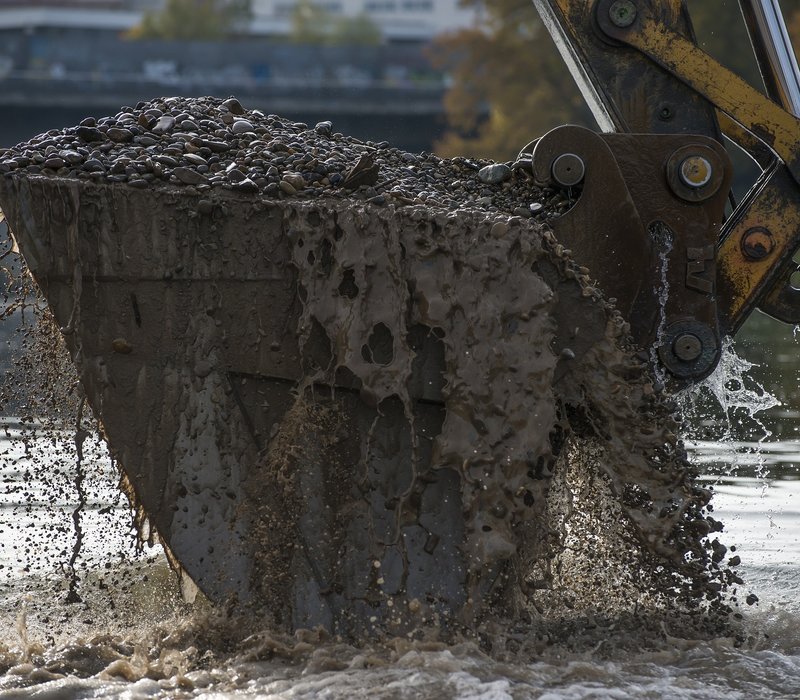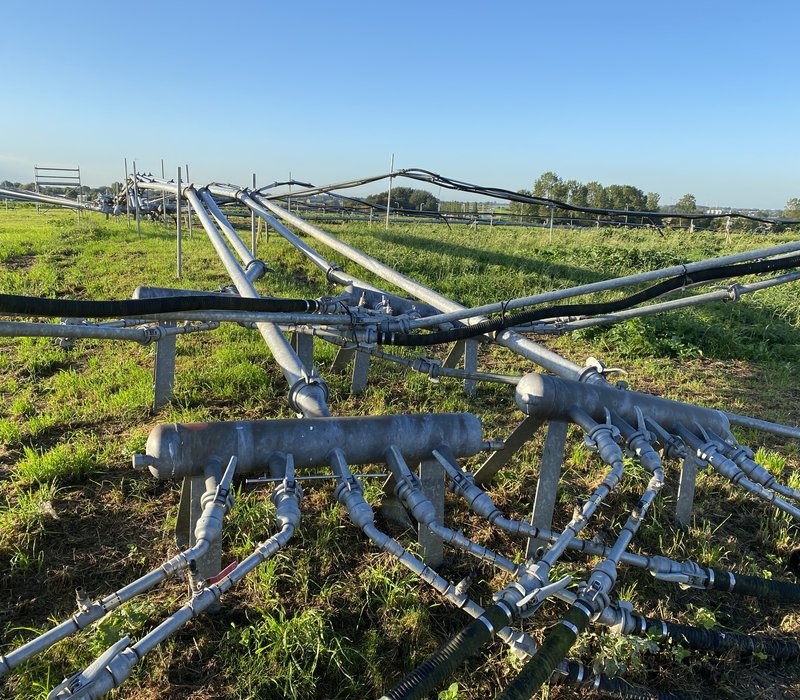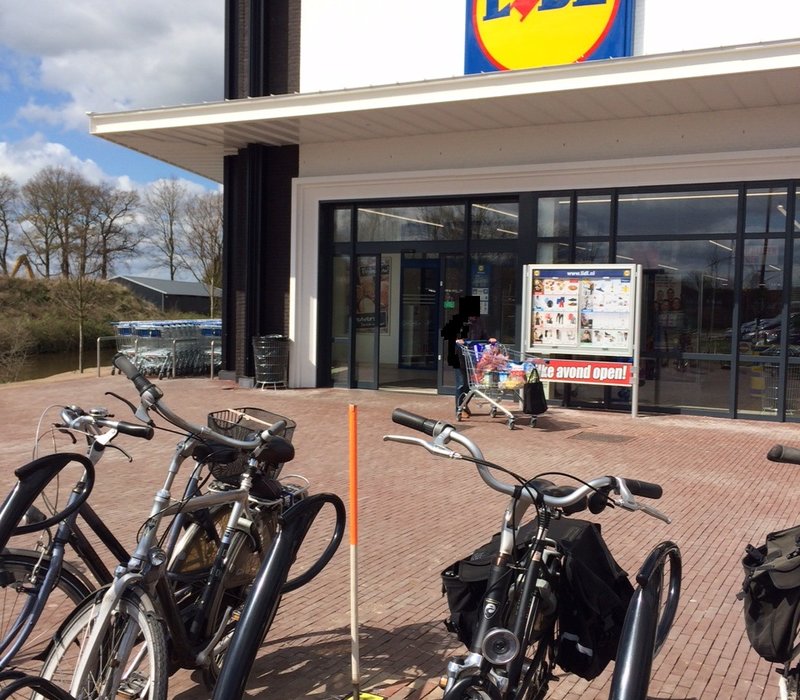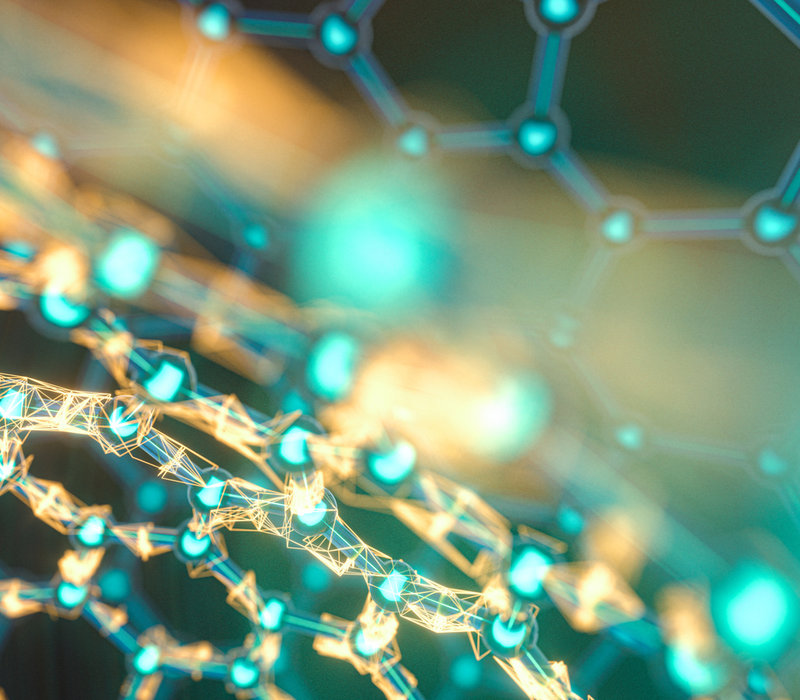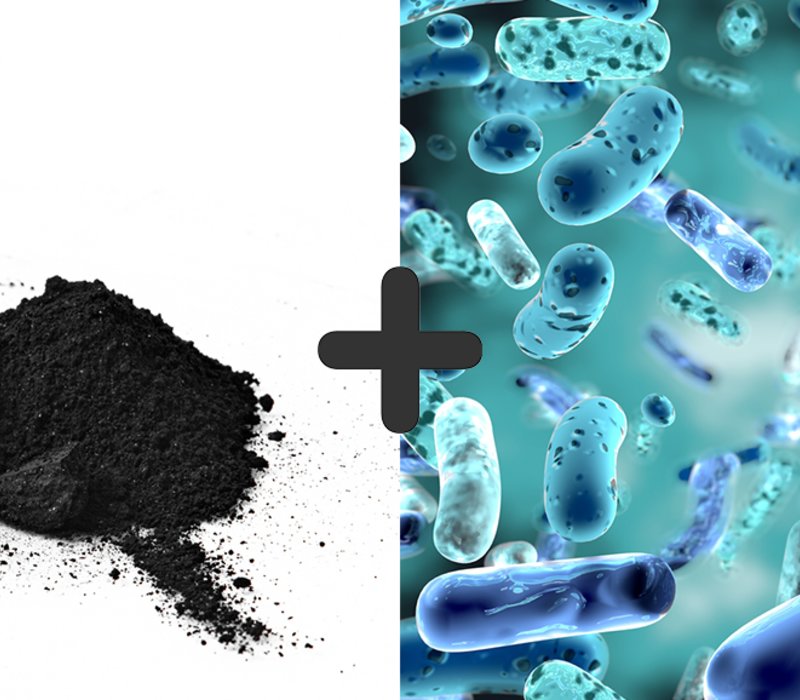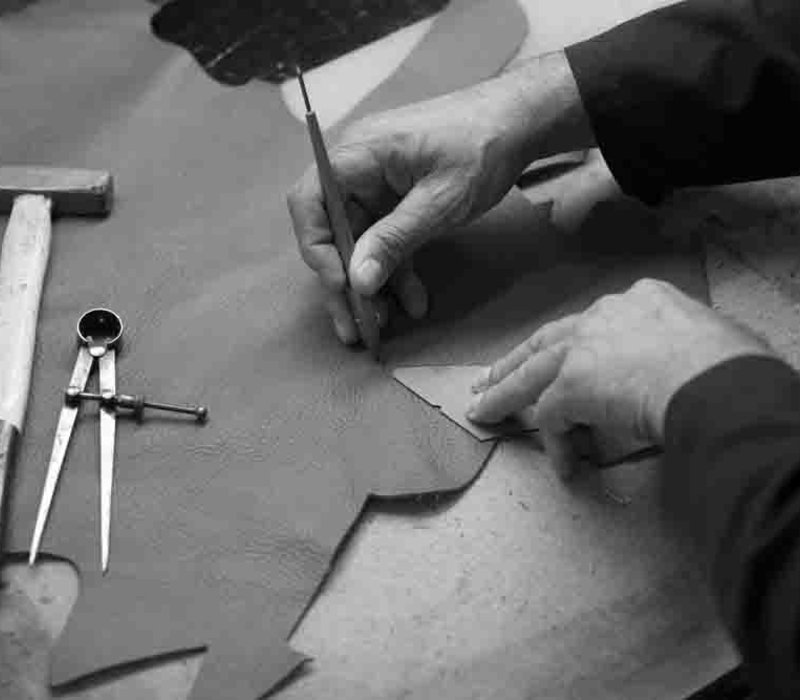More economical use of water: research into Biological Activated Carbon Filtration for decentralised wastewater treatment
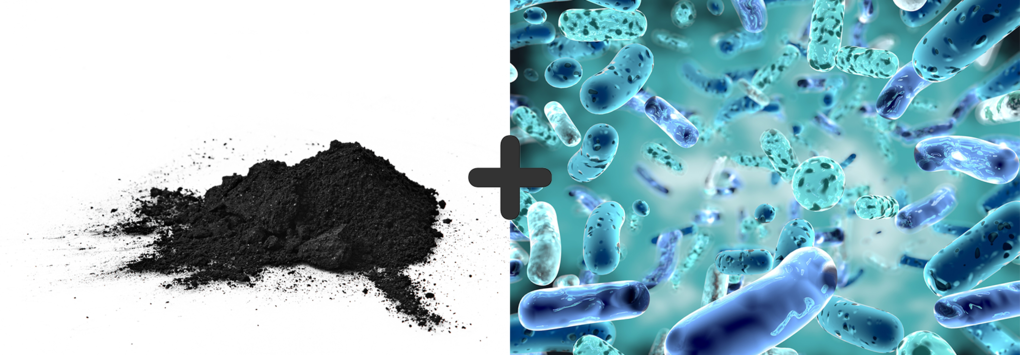
The demand for more sustainable and climate-proof water management is increasing worldwide. Due to growing demand and drought in certain regions, the pressure on the extraction of drinking water is increasing.
A solution to this problem is the decentralised purification of wastewater from residential areas, whereby (ideally, grey and black) wastewater is treated locally so that the water can be reused, for example for irrigating urban green areas.
Project 'Put BAK to work'
Unfortunately, the decentralised purification systems used to date do not yet remove micro-pollutants, such as medicines. As a result, temporary underground storage or discharge into surface water will not be permitted in the future. Within the Project “Put BAK to work”, Desah and Bioclear earth are investigating whether we can develop an addition to existing technology that ensures that these contaminants are removed, in order to make the reuse of water at district level possible and to comply with all legal requirements, including those of the future.

